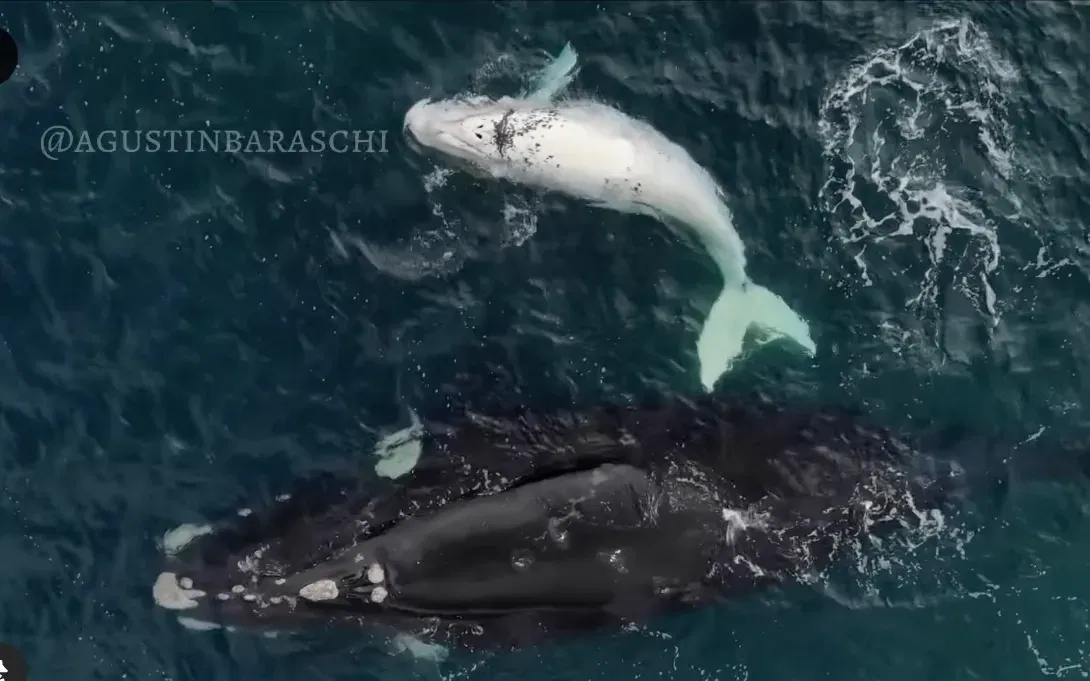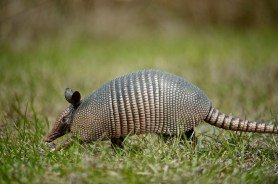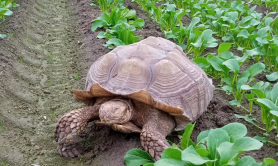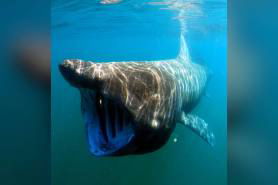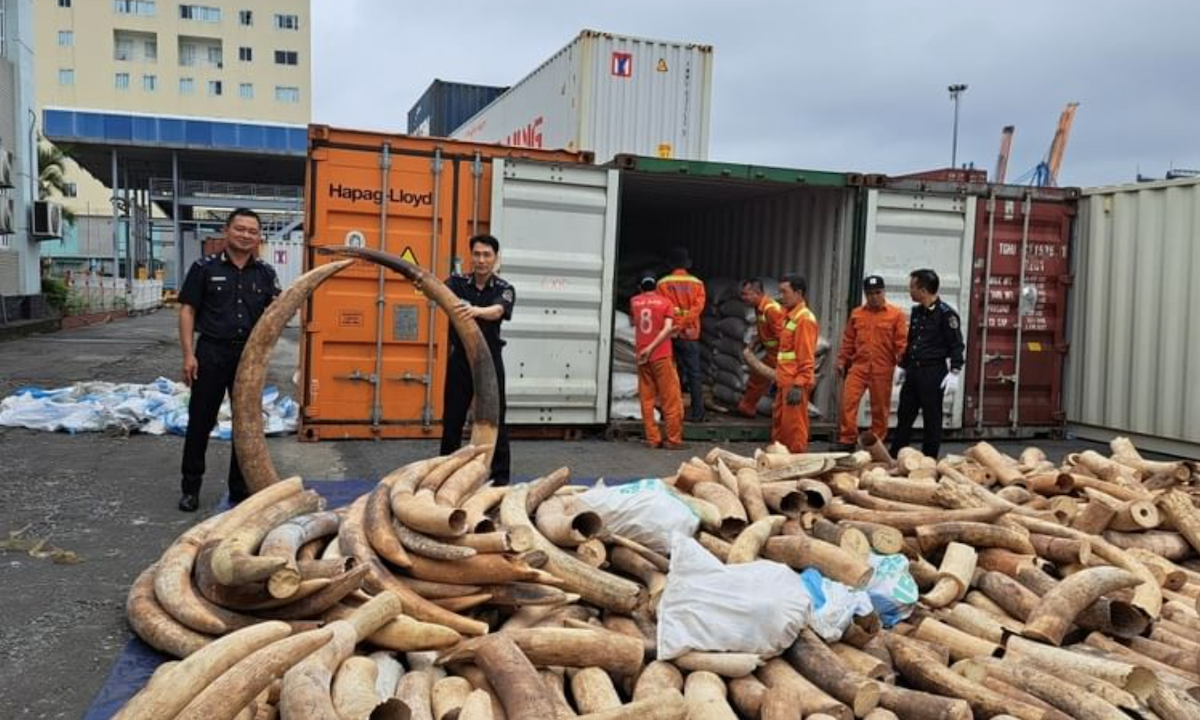

On March 20, Vietnamese customs officials seized a 20-foot shipping container filled with about seven tons of illegal elephant ivory. According to the press release from the Hai Phong Customs Department, the shipments were labeled with incorrect recipient information and routed through Singapore. Both techniques were intended to hide the shipment’s origin and destination, and presumably to shield the smuggling kingpin who organized the shipment.
The authorities decided to take a closer look at three of the mislabeled shipping containers. All three were marked as containing peanuts. (The oblique reference to circus elephants, which are often said to love peanuts, is pretty ironic.) When the officers opened one of the containers, they discovered it packed with severed elephant tusks.
Vietnam declared it illegal to buy or sell ivory more than 30 years ago. However, illegal poaching persists, primarily due to unfounded claims that elephant tusks have medicinal value. This is similar to myths surrounding tiger bones and rhino horns. These misconceptions perpetuate the pointless killings of endangered animals.

Authorities have not yet released any information about where exactly the confiscated tusks came from. Illegal elephant hunting is a major problem in some parts of the world. According to South Africa’s Kruger National Park, Angola has among the highest rates of illegal ivory trading in southern Africa. Poaching is a likely source.
It’s also possible that the tusks came from elephants long dead, and that poachers simply found or stole them more recently. This is the danger of locking up confiscated ivory instead of destroying it. Over the years, some experts have advised destroying ivory stashes just to prevent them stimulating international ivory demand. Hundreds of tons of ivory have now been burned or pulverized, often in highly publicized events. These campaigns send a clear signal: ivory is not valuable, and killing elephants for it is pointless.
Authorities have not yet announced what will happen to the ivory, but they have launched an investigation to determine who it came from. If found, the person will likely be punished for flouting international trade laws.
Last month, a Vietnamese judge sentenced an ivory trader to 13 years of imprisonment. He was discovered to have shipped nearly 10 tons of elephant tusks, rhino horn, pangolin scales, and other illegal animal products.

